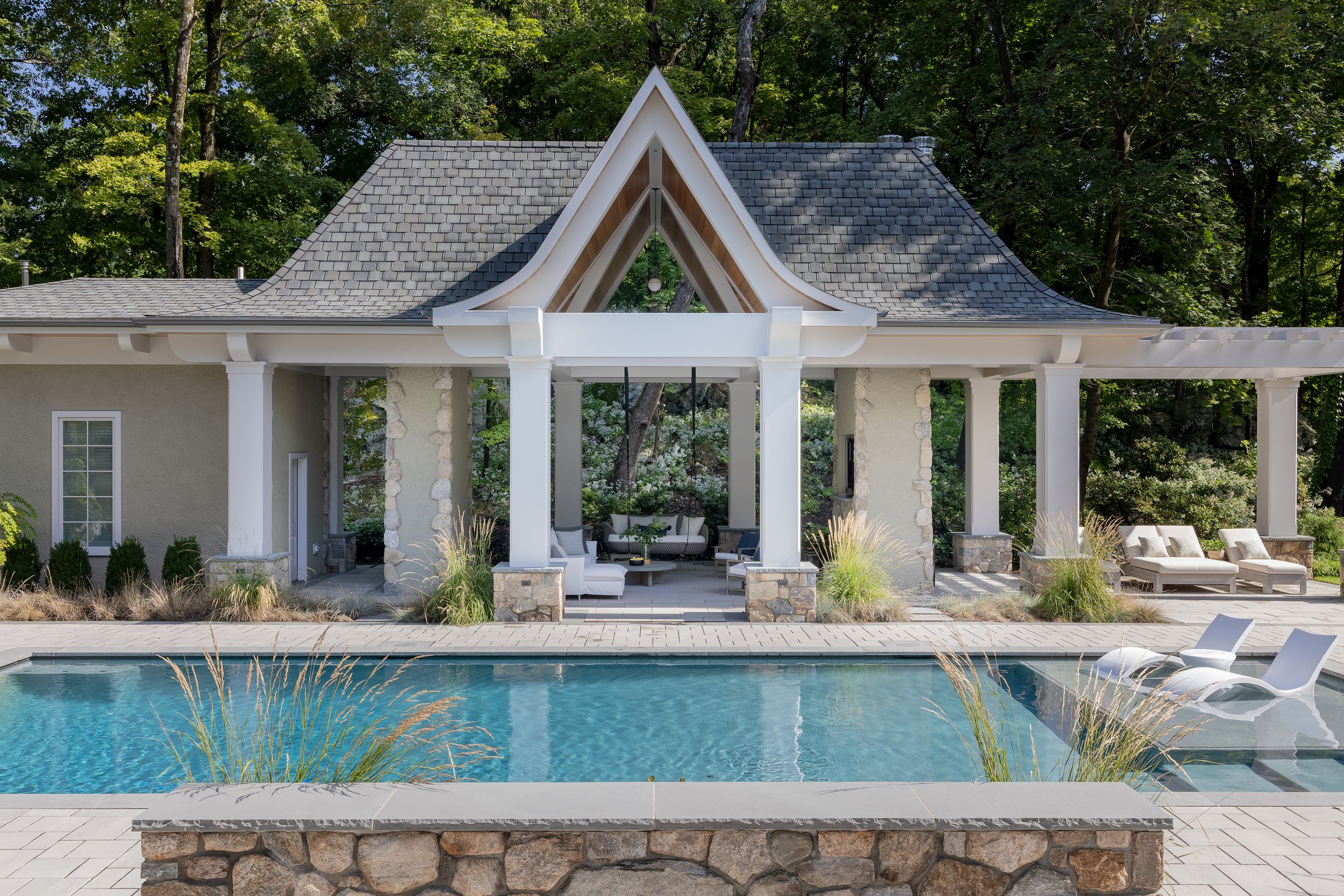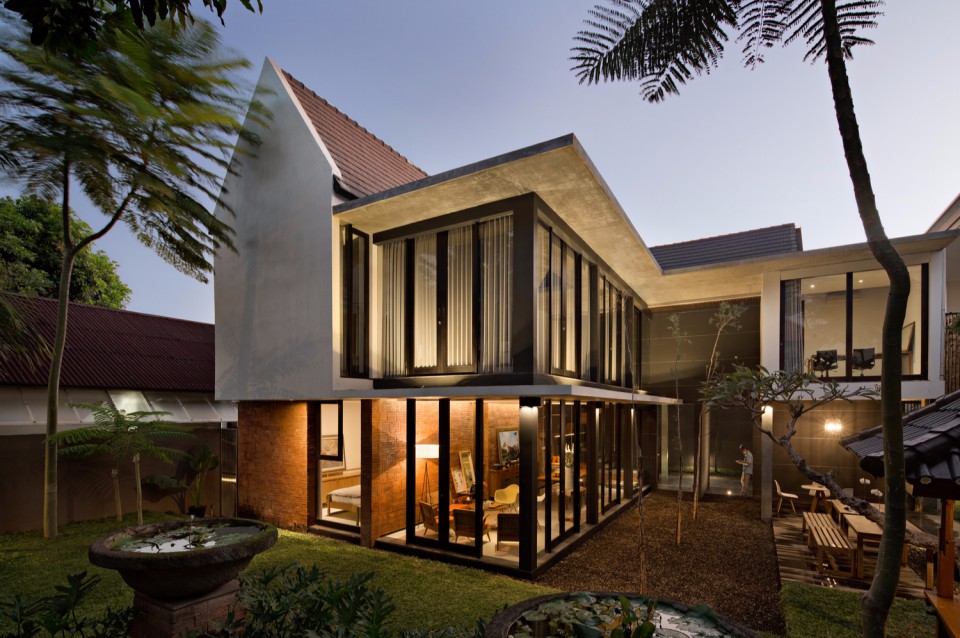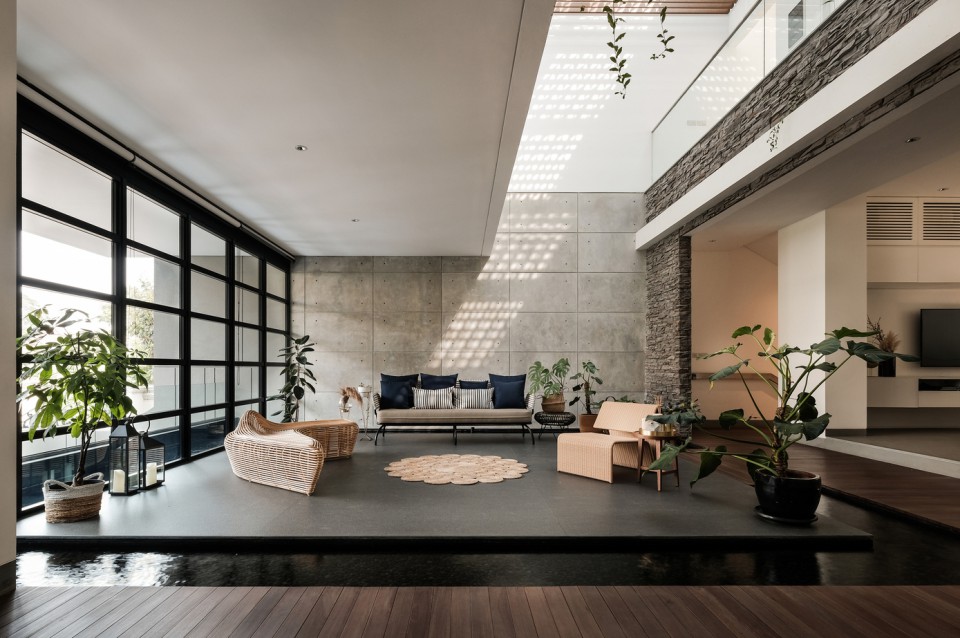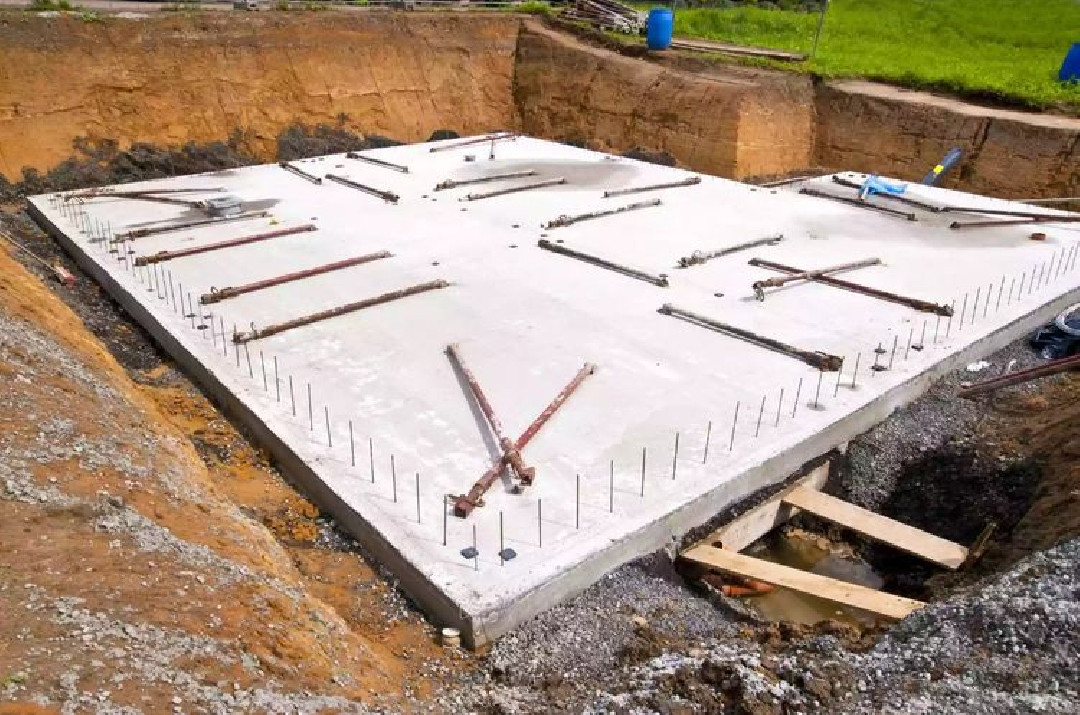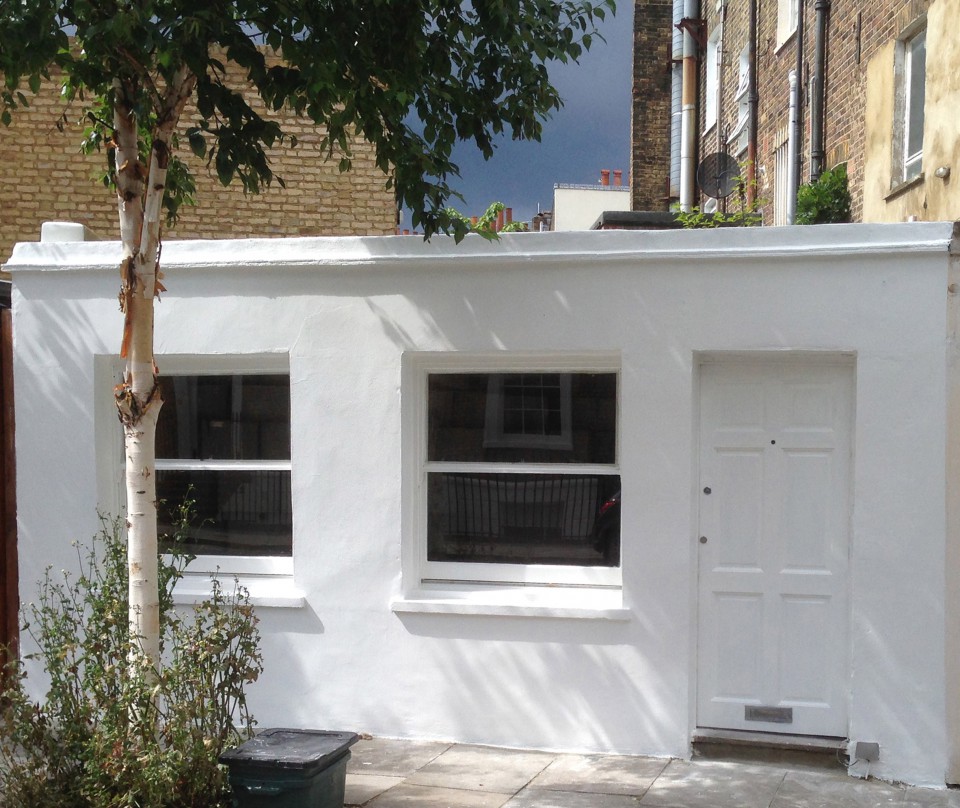Smart Tips for Building a Home with High Investment Value
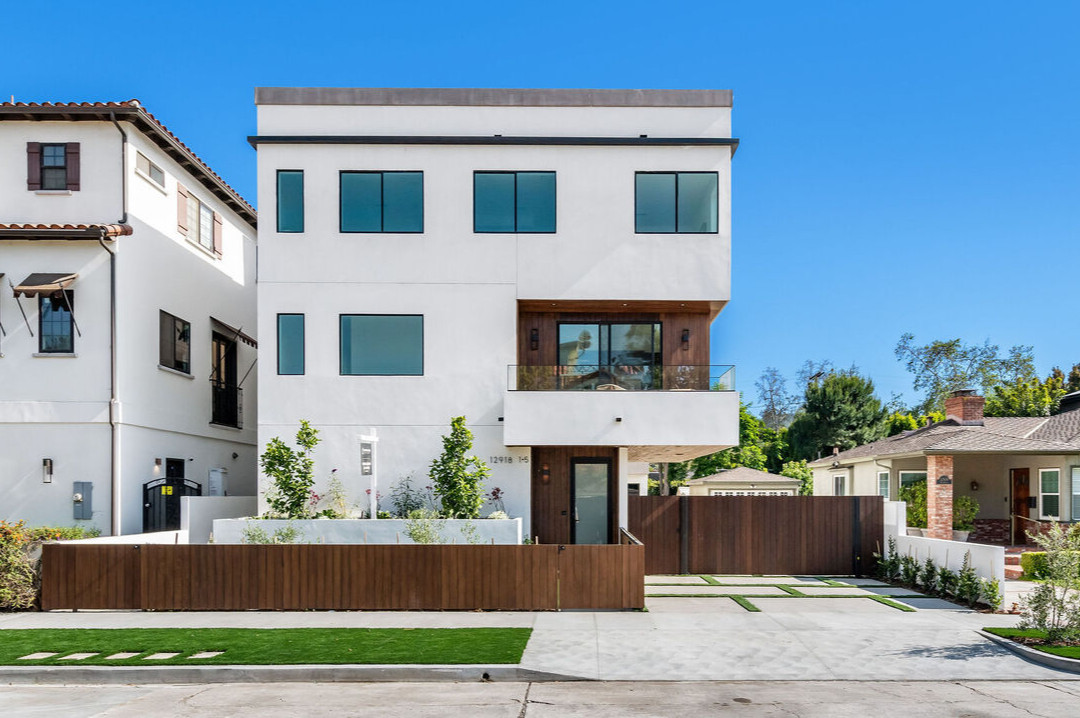
Building a house can be one of the biggest financial decisions you'll ever make. A home not only serves as a place to live but can also be a long-term investment that generates significant returns if managed well. However, many people wonder how to build a home that is easy to invest in. This article will discuss steps you can take to ensure that the home you build becomes a profitable investment.
Choose a Strategic Location
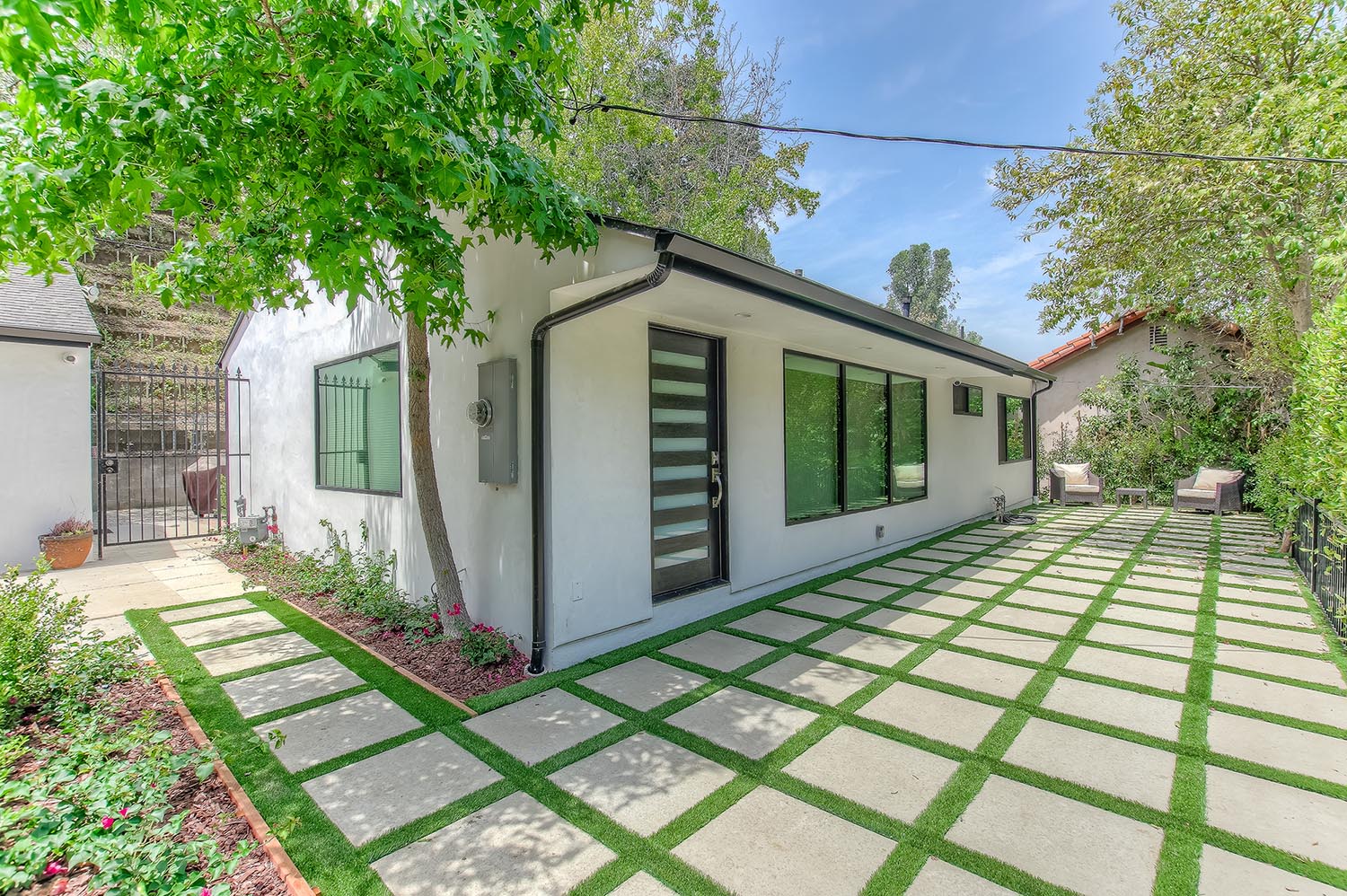
Source: spaziodesignsla.com
Location is the most crucial factor in determining the value of a home. Properties in strategic locations will always be in demand, even if the house itself isn't perfect. Here are some aspects to consider when choosing a location:
- Proximity to public amenities: Homes close to shopping centers, schools, healthcare facilities, and public transportation are more attractive to buyers or renters.
- Growing neighborhoods: Select a location in a developing area where infrastructure projects or new business districts are being built. Property values in these areas typically rise over time.
- Accessibility: Consider the ease of access to highways, city centers, or airports. Convenient access will increase the home's resale value.
Design Functional and Flexible Spaces

Source: auramodernhome.com
A functional and flexible home design will boost your property’s appeal to potential buyers or renters. A flexible layout allows a house to adapt easily to different needs and lifestyles. Here are some design aspects to consider:
- Open spaces: Many buyers or renters prefer homes with an open concept, where the living room, dining area, and kitchen flow together without many barriers.
- Efficient layout: Ensure that every part of the house is used well. Avoid unused or too-narrow spaces that cannot be maximized.
- Future expansion: A home design that allows for future expansion will increase its investment value. For example, you could plan for an additional floor or extra room at the back of the house.
Use Quality Materials

Source: thesurfaceshop.com
The materials used in building a house affect the quality and longevity of the structure. Choosing high-quality materials is essential to ensure the house is durable and reduces future maintenance costs. More durable materials also make the property more attractive to investors. Consider these materials:
- Brick or concrete: These materials are more durable than wood, which is prone to termite damage and weathering.
- Metal or ceramic roofing: Metal or ceramic roofs last longer than traditional shingles and can be a selling point for prospective buyers.
- Energy-efficient windows and doors: Investing in energy-efficient windows and doors not only benefits the environment but also reduces energy costs for the home’s occupants.
Consider Eco-Friendly Features
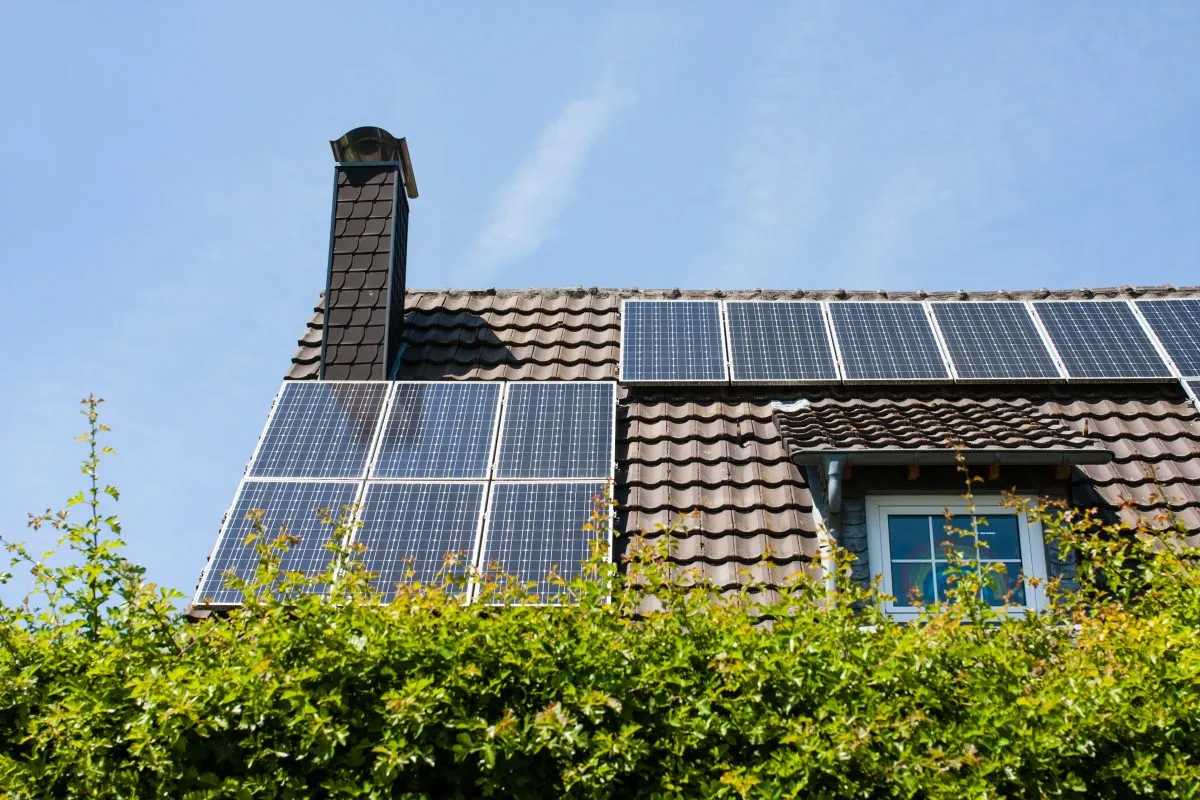
Source: thinkbordner.com
Homes with eco-friendly features are becoming increasingly popular, especially among buyers concerned with sustainability. Energy-efficient and environmentally friendly homes not only help the environment but can also increase investment value. Consider incorporating these features:
- Solar panels: While solar panels require a significant upfront investment, they can greatly reduce electricity costs in the long run. Additionally, many governments offer tax incentives for homeowners who use renewable energy.
- Water management systems: Installing water management systems such as rainwater tanks or water-efficient irrigation systems will make your home more appealing to environmentally-conscious buyers.
- Recycled materials: Using recycled materials in construction will add value in the eyes of buyers who are looking to reduce their carbon footprint.
Additional Features to Boost Value
Source: kt2designgroup.com
To increase your home’s appeal as an investment, consider adding extra amenities that enhance comfort for the occupants while also boosting the property’s value. Popular additional features include:
- Swimming pool: Homes with swimming pools tend to attract high-end buyers, particularly in warm climates.
- Home office space: The pandemic has changed how many people work, making working from home more common. Providing a comfortable, functional home office will add value to your home.
- Spacious garage: A large garage not only provides space for vehicles but can also be used as additional storage, which is highly sought after by many buyers.
Legal and Permit Considerations

Source: duckworthinteriors.com
One often-overlooked yet critical aspect of building a home is ensuring all legalities and permits are in place. Before starting the construction project, make sure you have all the necessary permits, including a building permit, land certificate, and environmental approvals.
If a house is built without the proper permits, you could face legal issues later, which can negatively impact the investment value. Also, ensure that all ownership documents related to the land and house are complete and valid.
Proper Financial Management
:max_bytes(150000):strip_icc()/dutch-style-rosemary-beach-house-freese1010_04-2000-eaae3abb4a26491cb6bbadc0397273d1.jpg)
Source: southernliving.com
Building a home for investment purposes requires careful financial planning. Make sure you have enough funds to complete the project without compromising quality. Here are some financial management tips you can apply:
- Set aside a contingency fund: Always have a reserve fund ready to cover unexpected costs during the construction process.
- Choose a trusted contractor: Hiring a contractor with a solid reputation can help you avoid cost overruns due to substandard work.
- Take advantage of construction loans: If your available funds are limited, consider utilizing construction loans from banks. Ensure that the loan repayments are within your financial capacity.
Long-Term Planning
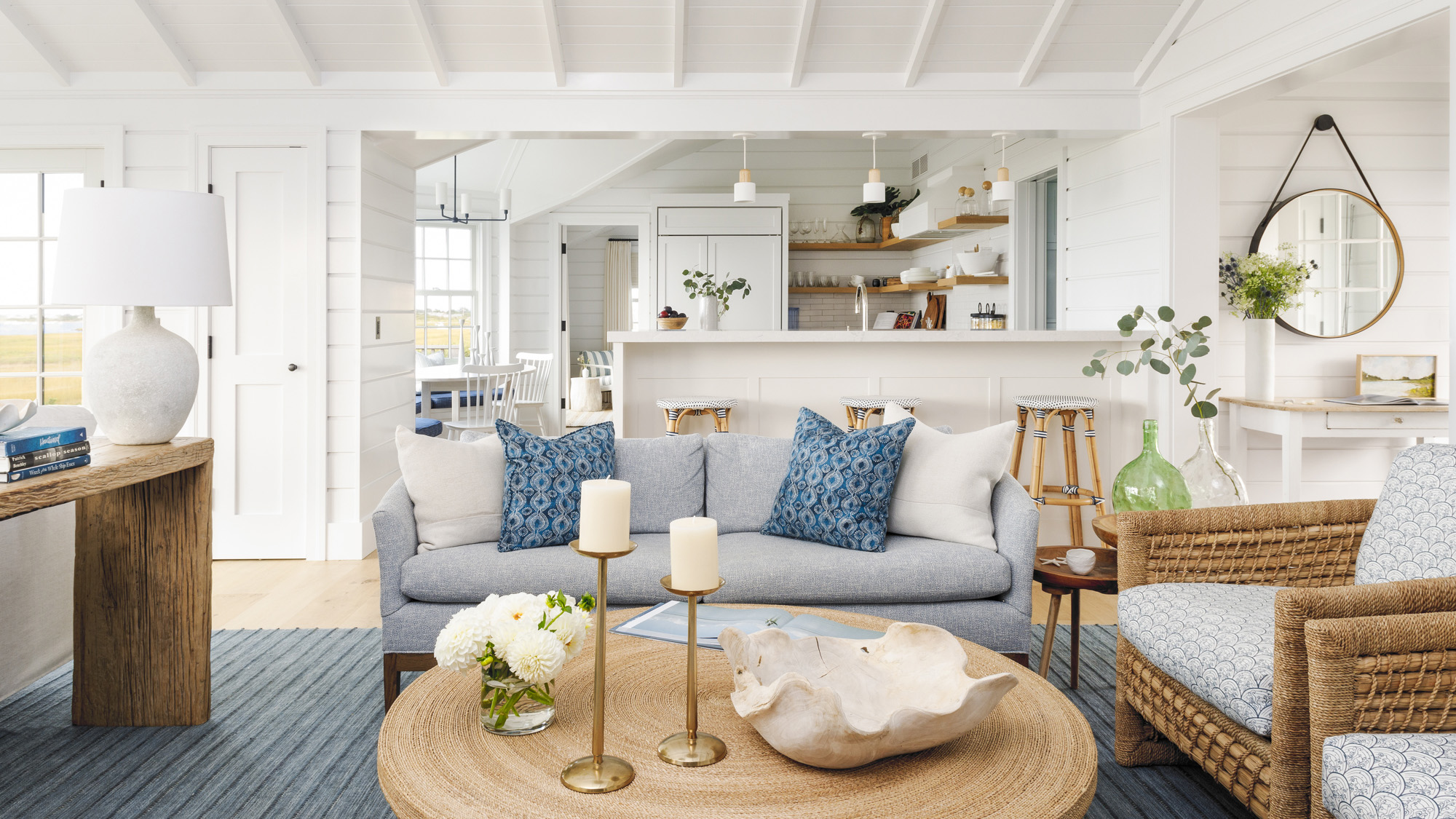
Source: homesandgardens.com
When building a home for investment purposes, long-term planning is essential. Are you planning to sell the house in the near future, or will you rent it out? If you plan to rent the property, consider building a house that’s easy to maintain and has low operational costs. Some long-term planning tips include:
- Efficient maintenance systems: Build a house with easy maintenance systems to minimize future repair and upkeep costs.
- Resale value: Always consider the home’s resale value when planning the design and features. A house that’s too unique or specialized may be difficult to sell in the broader market.
Consult with Property Experts
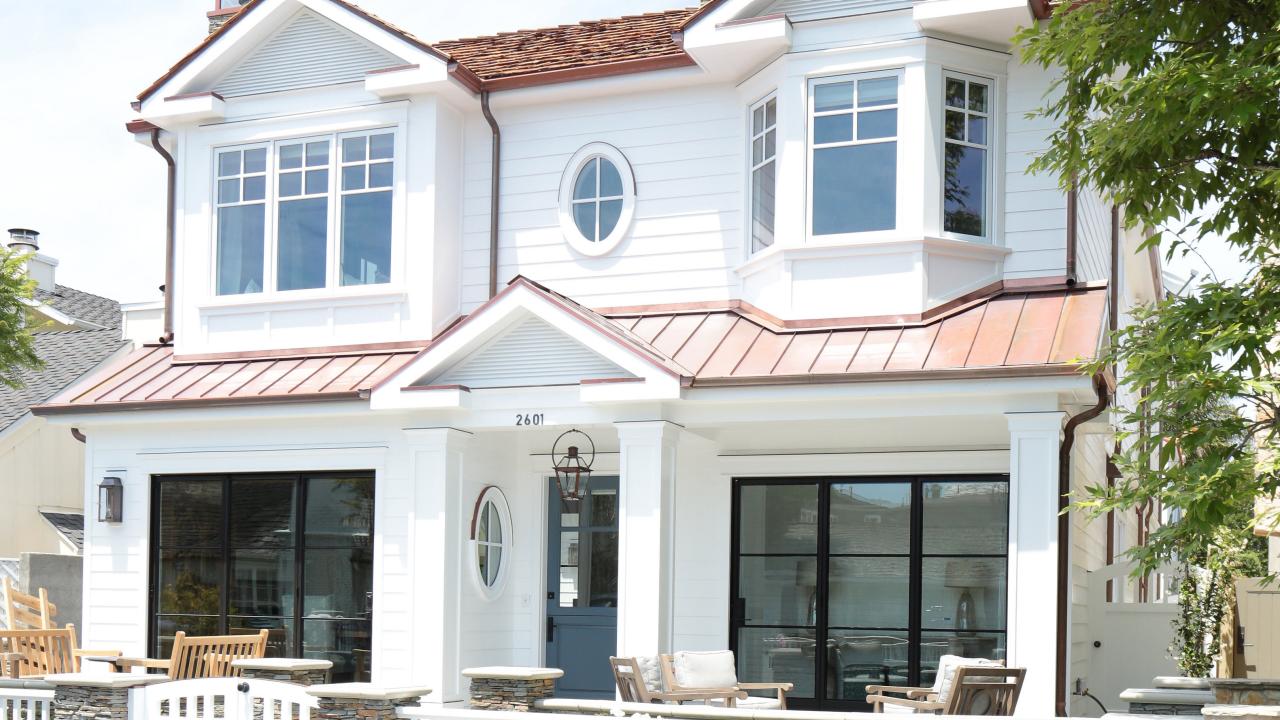
Source: hgtv.com
Finally, it’s important to consult with property experts before starting your construction project. A property expert can provide insights into current market trends and help you make more informed decisions about your investment. They can also assist in assessing the potential profits and risks you may encounter.
Conclusion
Building a home that’s easy to invest in requires thorough planning, high-quality materials, and flexible design. A strategic location and eco-friendly features can further increase your home’s value in the eyes of potential buyers. With proper financial management and attention to legal permits, the home you build can become a lucrative investment in the long run. Don’t hesitate to consult with property experts for more in-depth insights before embarking on your project.
Heading Source: zillow.com

